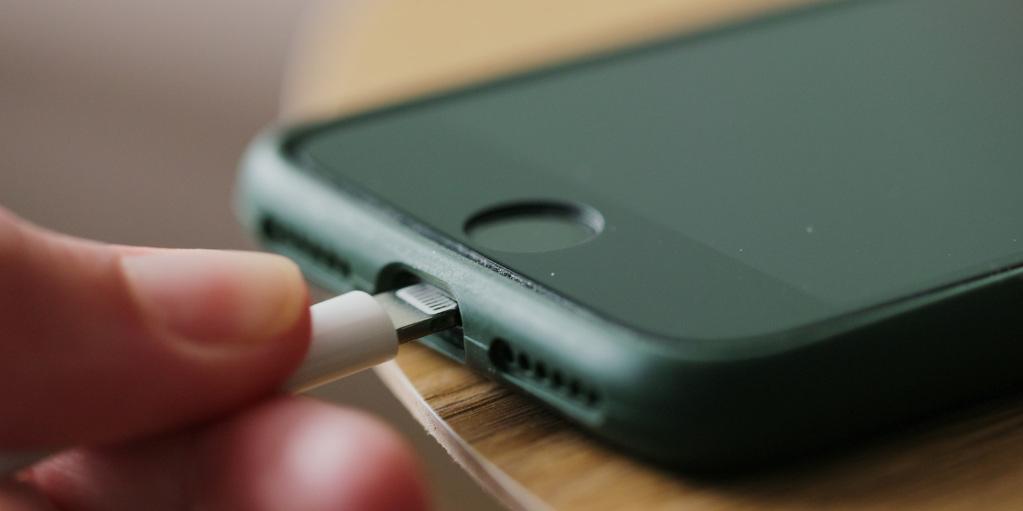
|![]() 5 minute read
5 minute read
Lithium batteries and how to keep you and your home safe

Written by Aimee Cavener, senior marketing executive
Lithium-ion batteries play an essential part in everyday life. They can be found in mobile phones, laptops, scooters/e-bikes, e-cigarettes, and toys. When lithium-ion batteries overheat, are misused, or are defective, they can be prone to explosions. This can result in injuries and fires.
We want to make sure that you stay safe and have the best advice to help prevent an incident involving lithium-ion batteries. Here are some tips to help keep you and your home safe:
Charging guidelines
- Always follow the manufacturer’s instructions
- Charge devices on a hard, flat surface where heat can dissipate and avoid charging around flammable materials or hazardous substances
- Charge your device with the power cord that comes with it
- Never keep li-ion batteries near heat sources or in high temperatures like direct sunlight (above 45⁰C)
- Unplug your charger once your device is finished charging
- Do not charge lithium batteries while you are asleep or out of the house
- If a battery is warm, allow it to cool down before charging
- If you notice your battery is damaged, make sure you replace it. Go back to the manufacturer or retailer you bought the device from to make sure it’s safe
Safety during charging
- Don’t cover chargers or battery packs when charging
- Don’t overload sockets or use inappropriate extension leads
- Ensure smoke alarms are fitted in areas where e-bikes or e-scooters are being charged
- Never block your escape route with anything, including bikes and scooters. Store and charge them away from a main through route
- Regularly inspect your product and check for damage or warning signs that your battery might be failing and becoming a fire risk
- Don’t try to modify or tamper with your battery
Warning signs to look out for
- Overheating: the battery is very hot to the touch
- Deformation: for example, a lump, the battery looks swollen, or any leaking from the device
- Noise: hissing or cracking sounds coming from the battery
- Smell: a strong or unusual smell coming from the battery
- Performance: the battery does not fully charge or takes longer to charge than usual
- Smoke: the device is smoking
What to do if your lithium battery is a fire risk
- If the device starts smoking or catches fire, raise the alarm, follow your evacuation procedure, and call 999 immediately.
- If your battery appears to be failing, turn off the device and unplug it from the power source straight away
- Get in touch with the device manufacturer or retailer for more support
- Report faulty chargers or batteries to the Citizens Advice Consumer Service
A reminder: if you are a Home Group customer, you can report a broken or missing smoke detector.